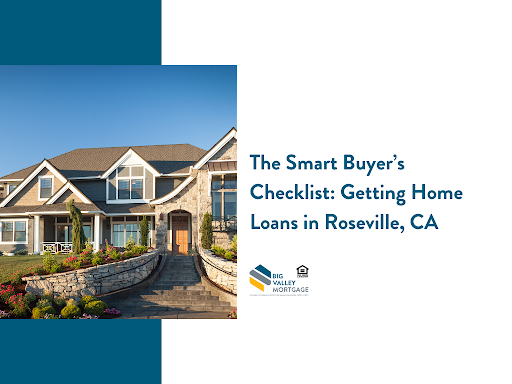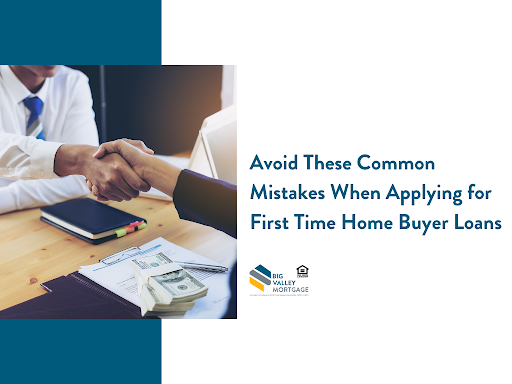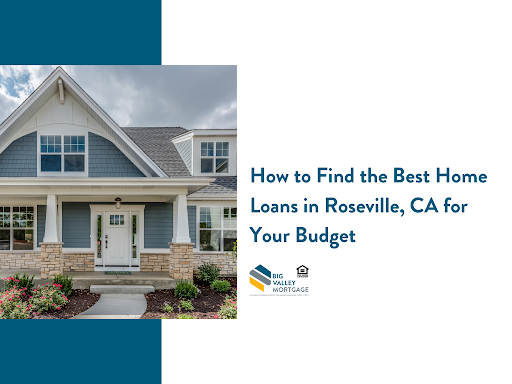Maybe it’s spotting a “for sale” sign on that funky cottage you’ve always admired on your morning bike ride. Or a friend raves about the perks and privacy at the chic new condo she’s just purchased. Maybe you’re tired of roommates or just want to tend your own garden.

At some point, something will make you ask yourself: Should I buy a home and how much house can I afford?
The decision to go from renter to homeowner is emotionally and financially complex. Here are some key factors to consider when deciding whether buying makes sense for you.
There’s no better time to buy, right?
Owning a home used to be a virtual requirement in attaining the so-called American dream. But that was when people drove 2-ton cars, smoked on airplanes and watched live television. Buying is a smart choice for many people, but it isn’t always ideal, depending on the market where you live and factors such as how long you plan to stay in your home and the size of the home you want to purchase compared to where you’re renting.
Before you commit to buying, factor in the following points:
There’s a big initial investment involved
You have to pony up a lot of money when you purchase your house, from the closing costs (roughly 3% of the home’s purchase price) to the down payment itself. Not everyone has that kind of cash to spare.
Can you handle the debt?
Lenders often look at your debt-to-income ratio: how your mortgage payments and other debts would stack up against your pay. Conventional lenders often use the so-called 28/36 rule when determining whether to offer you a loan. Your house-related payments (mortgages, taxes, insurance) shouldn’t exceed 28% of your pretax income, and all other combined debts shouldn’t exceed 36% of your monthly pretax income. (Much more on this later.)
Buying is more expensive than you think
You can’t simply compare your monthly mortgage payment to your monthly rent — these are apples and oranges, particularly when you consider that the place you purchase won’t necessarily be the same size as the place you’re renting. Though you can deduct some of your homeownership expenses, you’ll have to pay property taxes, homeowner’s insurance, HOA fees and probably mortgage insurance, as well as renovations, maintenance, utilities, and other fees typically covered by a landlord. (You can directly plug numbers into a handy rent-buy calculator from the New York Times.)
Buying decreases ease of mobility
In today’s ever-changing job market, very few people can say with certainty that they’ll have the same employer in five years. It’s much easier, and less expensive, to leave a yearlong lease than to sell a home.
How hot is your market?
Real estate is local and cyclical, so consider whether your area is better suited to renting or buying. If you live in a larger metropolitan area, the Case-Shiller Index is a useful at-a-glance look at how current real estate values where you live compare to historic highs and lows.
Is a home an investment?
Some people would rather put their money toward equity in their property instead of giving it to a landlord. While that math makes sense for many — especially those who plan to stay long enough to pay off their mortgage entirely — nobody can predict whether home prices will rise or fall in a given time frame, so don’t count on your home to be a cash cow.
What to do before you act
If you’re thinking about buying, follow these steps before making your move. Calculate your current debts, including car loans, credit card payments, and student loans. Remember the 28/36 rule mentioned above.
Consider how much available cash you have
You’ll want enough to at least cover your down payment and closing costs, and don’t forget to leave enough in your bank account to cover any emergencies that might arise.
Make sure you can put enough money down
Traditionally, lenders have required down payments equal to 20% of the home’s purchase price, but special programs allowing down payments as low as 3% are available. (Putting 20% down on a $300,000 home would require $60,000 in the bank — plus an additional $9,000 or so for closing costs.)
Get preapproved for a loan
Contact a lender to get preapproved for a mortgage. This doesn’t require you to accept the loan; it’s just a way of showing real estate agents and sellers that you’re serious. One of the first things a prospective agent will ask is whether you’ve been preapproved, so check off this box early in the process.
Are you better off renting?
Deciding whether to rent or buy is a big decision that requires serious “Where am I now?” and “Where am I going?” sorts of questions. It might be best to keep renting if you want to maintain maximum flexibility for personal or professional reasons, or if jumping into more debt right now takes you out of your comfort zone. Maybe you’re just not ready to face the responsibilities of homeownership: repairs, upgrades, maintenance, yard work and all the rest. Even thinking about the difference between cleaning an 800-square-foot apartment and a 2,400-square-foot house can make you want to take a seat and a deep breath.
Your local housing market could be working against you, as well. If you live in a hot market with eager house hunters chasing too few properties, it might be best to bide your time until a better buying opportunity presents itself.
Ready to see if you can qualify for a home?
*The views, articles, postings, and information listed at this website are personal and do not necessarily represent the opinion or the position of Big Valley Mortgage.*












